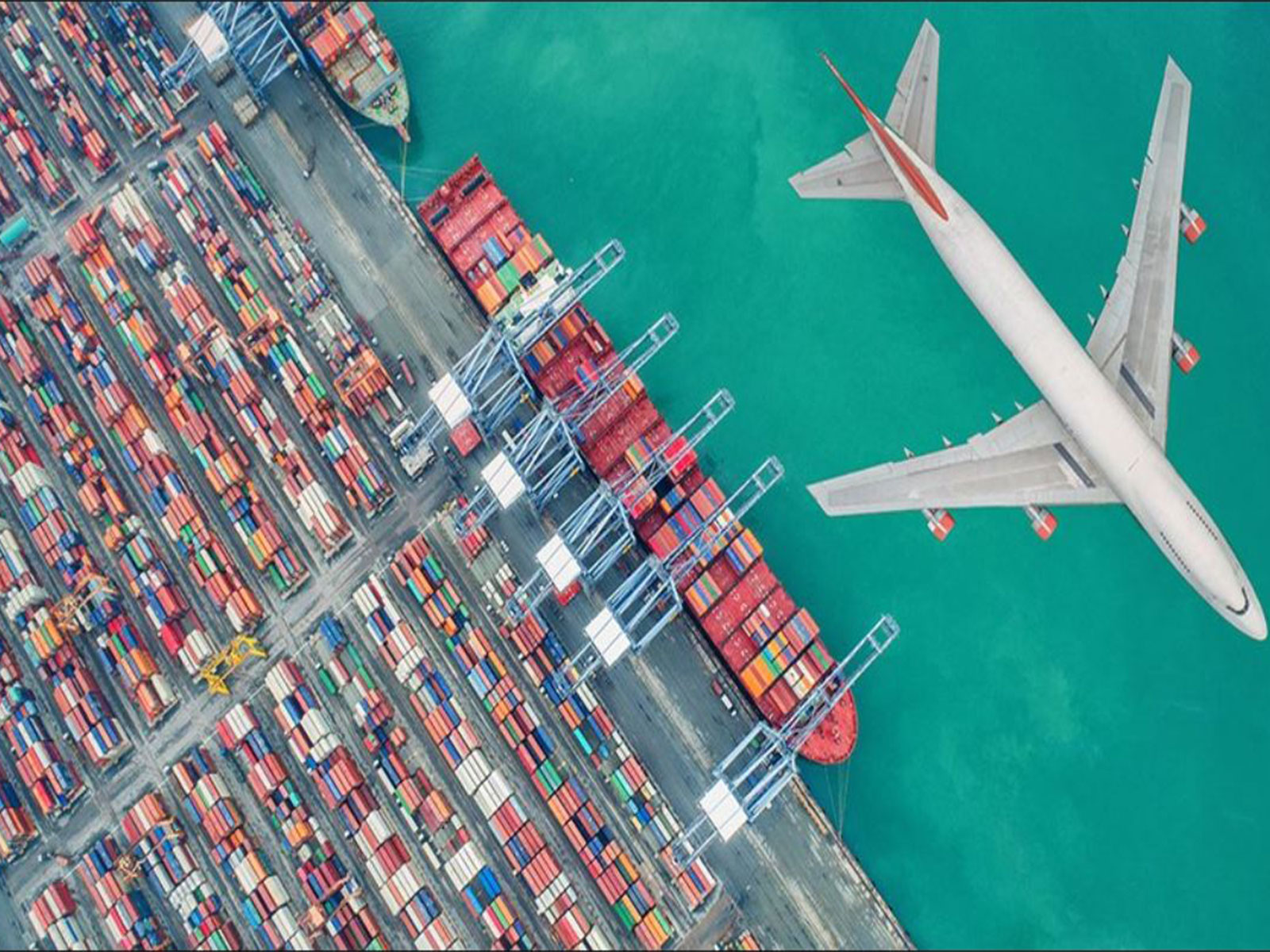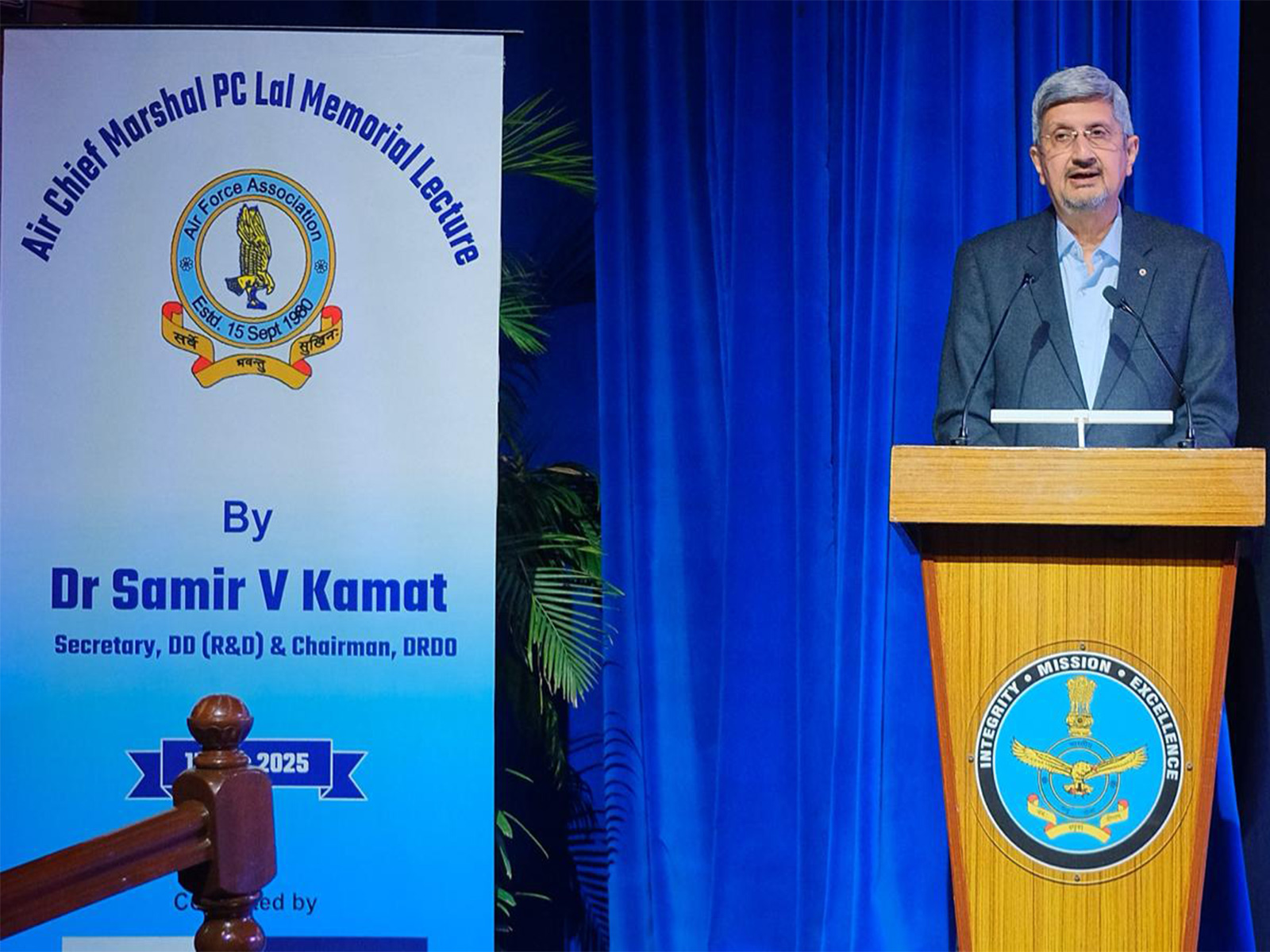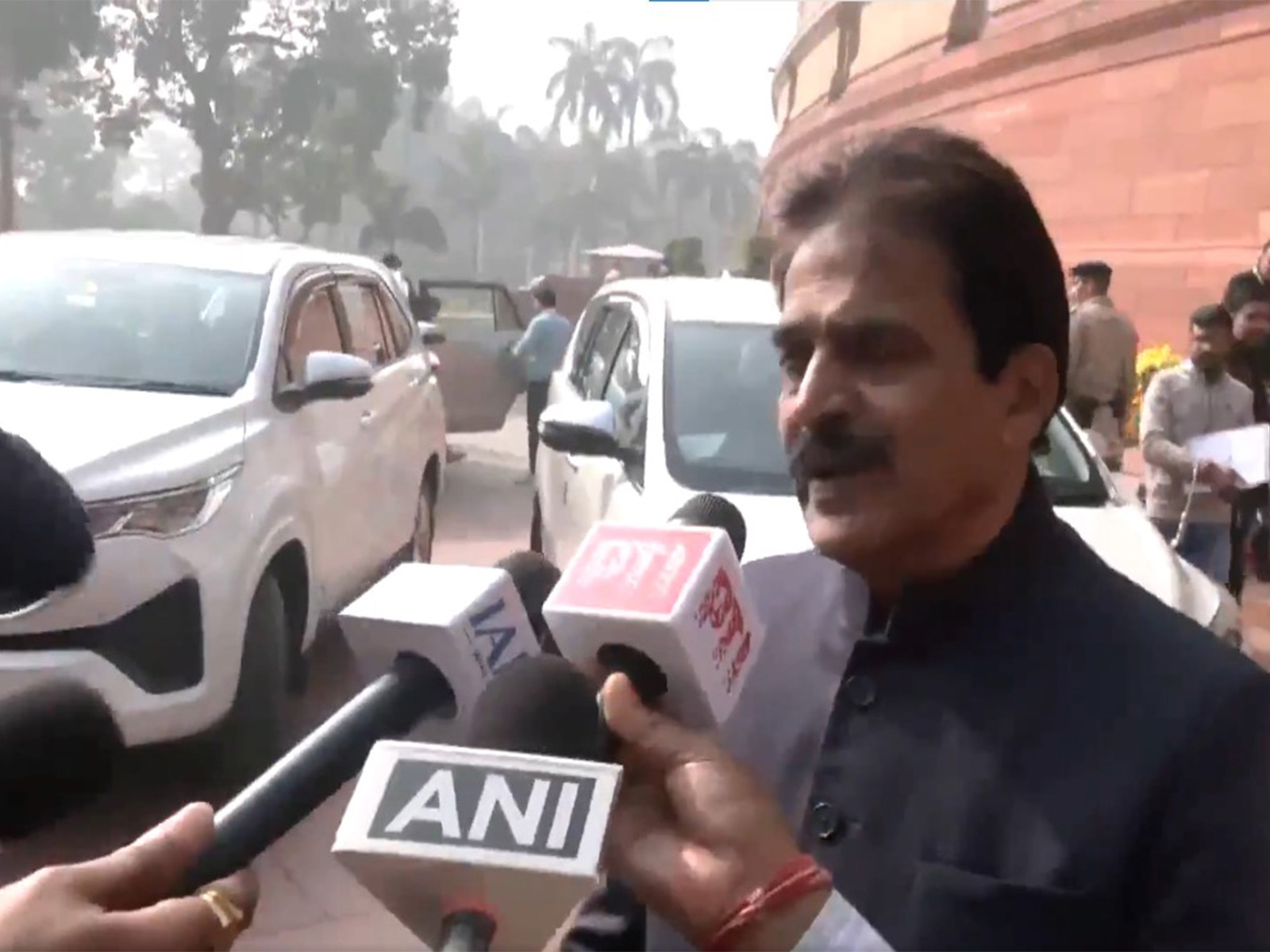Pakistan's support for Afghan Taliban dwindles amid increasing Durand Line tensions
Nov 29, 2022

Islamabad [Pakistan], November 29 : The honeymoon period between Pakistan and the Afghan Taliban is over as Islamabad is facing an emerging security situation in border provinces and an assertive Taliban, which is unwilling to accept any 'one-sided' change in the status quo ante on the Durand Line issue.
Pakistan has been an ardent advocate of engagement with the Afghan Taliban government. In fact, Islamabad celebrated the arrival of Taliban 2.0 on the Kabul scene as a step closer to its goal of 'strategic depth' beyond the Durand Line that divides the two countries, reported policy research group, Poreg.
Pakistan's support for the Afghan Taliban was most evident in the immediate aftermath of the exit of US-led NATO forces from Kabul last year.
But now, Pakistan is no longer willing to support the Afghan Taliban.
A year down the line, Pakistan has changed its stance. 'Taliban 2.0 is a disappointment', Ambassador Mohammed Sadiq told the latest Moscow Format meeting on Afghanistan while presenting, a damning assessment of its sixteen months in the Kabul saddle, reported Poreg.
According to a dispatch in the Express Tribune, Pakistan daily published from Karachi in collaboration with The New York Times, Ambassador Muhammad Sadiq highlighted frustration over the lack of progress on issues ranging from inclusivity to fundamental human rights, and rights of women and counter-terrorism.
These are the issues the Moscow format meeting is concerned about. Repeated border clashes are no less responsible to Pakistan's dismay.
On November 13, an armed man allegedly from the Afghan side opened fire on Pakistani security personnel at the Chaman/Spin Boldak border crossing - known as 'Friendship Gate' - resulting in the death of one Frontier Corps soldier and injuring two others.
Consequently, Pakistan closed all business and trade activities at the Chaman border for over a week causing a humanitarian crisis for the Pashtun population living on both sides of the border, reported Voice of Vienna.
After multiple flag meetings between the Taliban and Pakistani officials, the authorities reopened the border crossing on November 21.
One year after the Taliban's takeover of Kabul, border clashes between Afghanistan and Pakistan have increased manifold with no thaw in sight anytime soon, reported Voice of Vienna.
In another border incident, seven people, including two children, were injured following alleged "firing from across the Afghan border" in Kharlachi and Borki near the Kurram border.
Ambassador Muhammad Sadiq said that both Islamabad (where the foreign office is located) and Rawalpindi (home to the GHQ) are not happy with Kabul, reported Poreg.
Clearly, the reality is biting for the deep state in Pakistan with the Army's eyes and ears - the Inter-Services Intelligence (ISI) finding that the sinews of control over the Taliban are reducing gradually.
Pakistan may have its reasons for the expression of angst at the Taliban rule but Kabul's actions have reinforced the narrative that Taliban 2.0 is a reincarnation of the first edition that hit the streets in the late 1990s.
Whatever lingering doubts have been set at rest by the latest decree of Taliban supremo Hibatullah Ahkundzada. On 14 Nov, he ordered the strict enforcement of Shariah law across blood-soaked Afghanistan.
This is an open call to public executions, stoning, floggings, and amputation, which will lead to a further deterioration of human rights in the impoverished country, reported Poreg.
The Taliban regime has been making a frontal attack on human rights, says the United Nations Assistance Mission in Afghanistan (UNAMA).
Its forces have arrested women journalists and human rights activists. One such recent arrest was made by barging into a press conference held in Dasht-e-Barchi in Kabul, reported Poreg.
Pakistan has come to the conclusion grudgingly that it is finding being distanced by the Taliban. Also, the Taliban is no longer amenable to total control by the ISI.
That is why Special Envoy Sadiq has voiced his country's displeasure at the Taliban - using the platform of the Moscow Format and using the language of the international community, reported Poreg.
The shift in Pakistan's tone and tenor has come after a gentle nudge from the US, which also had smoked out Ayman Al-Zawahiri, the Egyptian-born terrorist, ideologist, and physician who served as the second emir of Al-Qaeda.



















